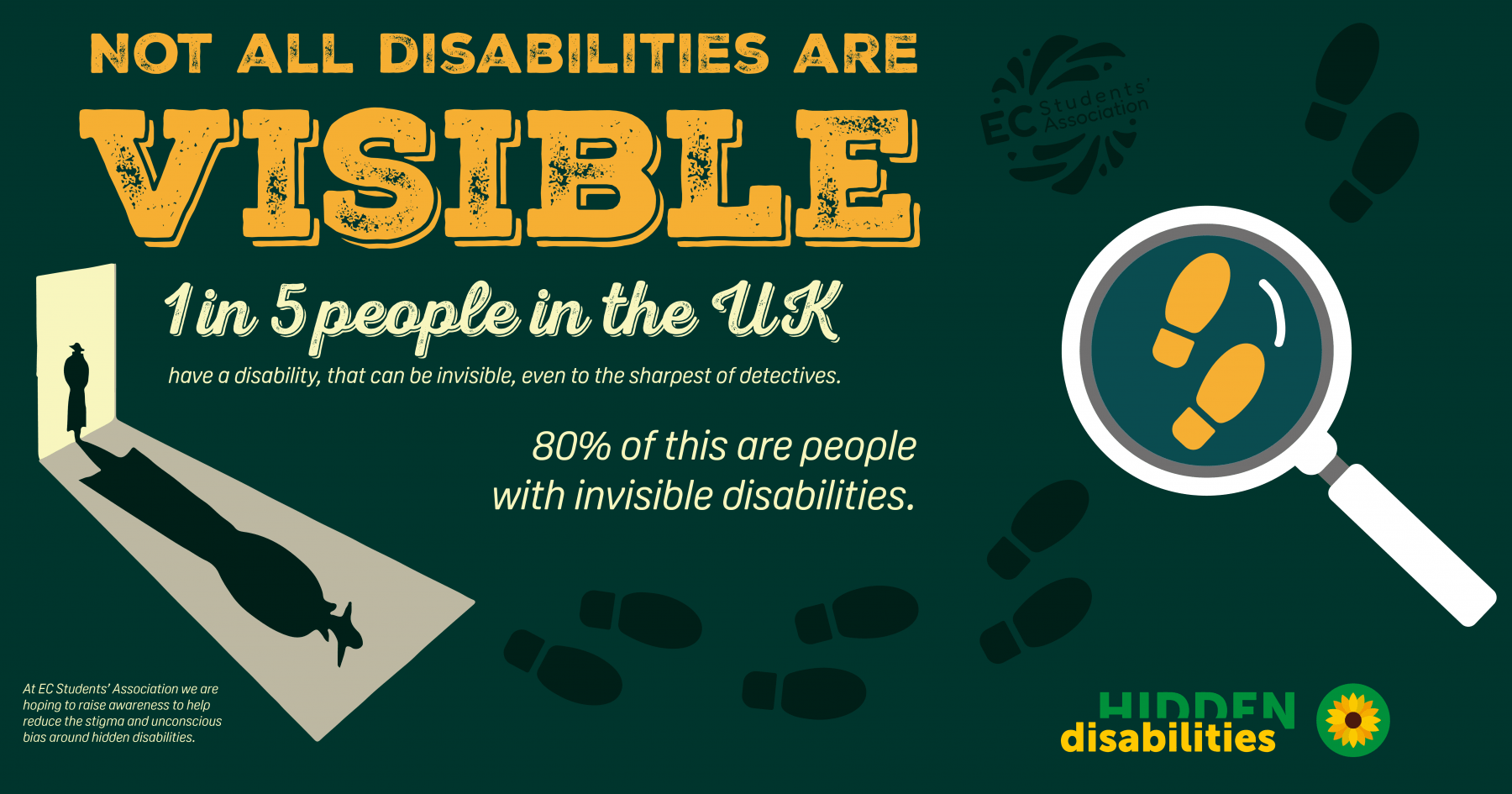Hidden disabilities can cover a wide range of conditions. As part of our work on Hidden Disabilities Awareness, we wanted to specifically talk about some neurodivergent conditions and how they manifest themselves which you may not be aware of.
What is neurodiversity?
"Neurodiversity” is a word used to explain the unique ways in which people's brains work. While everyone's brain develops similarly, no two brains function just alike. Being neurodivergent means having a brain that works differently from the average or “neurotypical” person.
Dyslexia
10% of the UK population are beleived to be dyslexic.
Some signs to look out for are:
- Difficulty reading, including reading aloud
- Slow and labour-intensive reading and writing
- Problems spelling
- Avoiding activities that involve reading
- Mispronouncing names or words, or problems retrieving words
- Spending an unusually long time completing tasks that involve reading or writing
- Difficulty summarising a story
- Trouble learning a foreign language
- Difficulty doing maths or word-based tests
Dyspraxia
Around 5% of people in the UK are believed to have dyspraxia, with males being 4 times more likely than females to have the condition.
If you have dyspraxia, it may affect:
- your co-ordination, balance and movement
- how you learn new skills, think, and remember information at work and home
- your daily living skills, such as dressing or preparing meals
- your ability to write, type, draw and grasp small objects
- how you function in social situations
- how you deal with your emotions
- time management, planning and personal organisation skills
ADHD (Attention Deficit Hyperactivity Disorder)
3 - 4% of people in the UK are believed to have ADHD, with a male to female ratio of approximately 3 to 1.
Some signs to look out for are:
- Impulsiveness
- Disorganisation and problems prioritising
- Poor time management skills
- Problems focusing on a task
- Trouble multitasking
- Excessive activity or restlessness
- Poor planning
- Low frustration tolerance
Autism Spectrum Disorder (ASD)
More than 1 in every 100 people have autism, and there around 700,000 people with autism in the UK.
Some signs to look out for are:
- finding it hard to understand what others are thinking or feeling
- getting very anxious about social situations
- finding it hard to make friends or preferring to be on your own
- seeming blunt, rude or not interested in others without meaning to
- finding it hard to say how you feel
- taking things very literally – for example, you may not understand sarcasm or phrases like "break a leg"
- having the same routine every day and getting very anxious if it changes
If you think you connect to many of these, reach out to your GP for more information in the first instance.
If you already have a diagnosis or think you may require extra support, student services can make many adjustments to suit each individual students' needs. Please reach out to see how they can help! EC Students' Association have a stock of Sunflower Lanyards for anyone who needs them - just get in touch.
Remember, these disabilities can often be invisible, so the biggest thing you can do is be kind. Hidden disabilities and neurodiversity is a reason to celebrate people's differences, not single them out!

